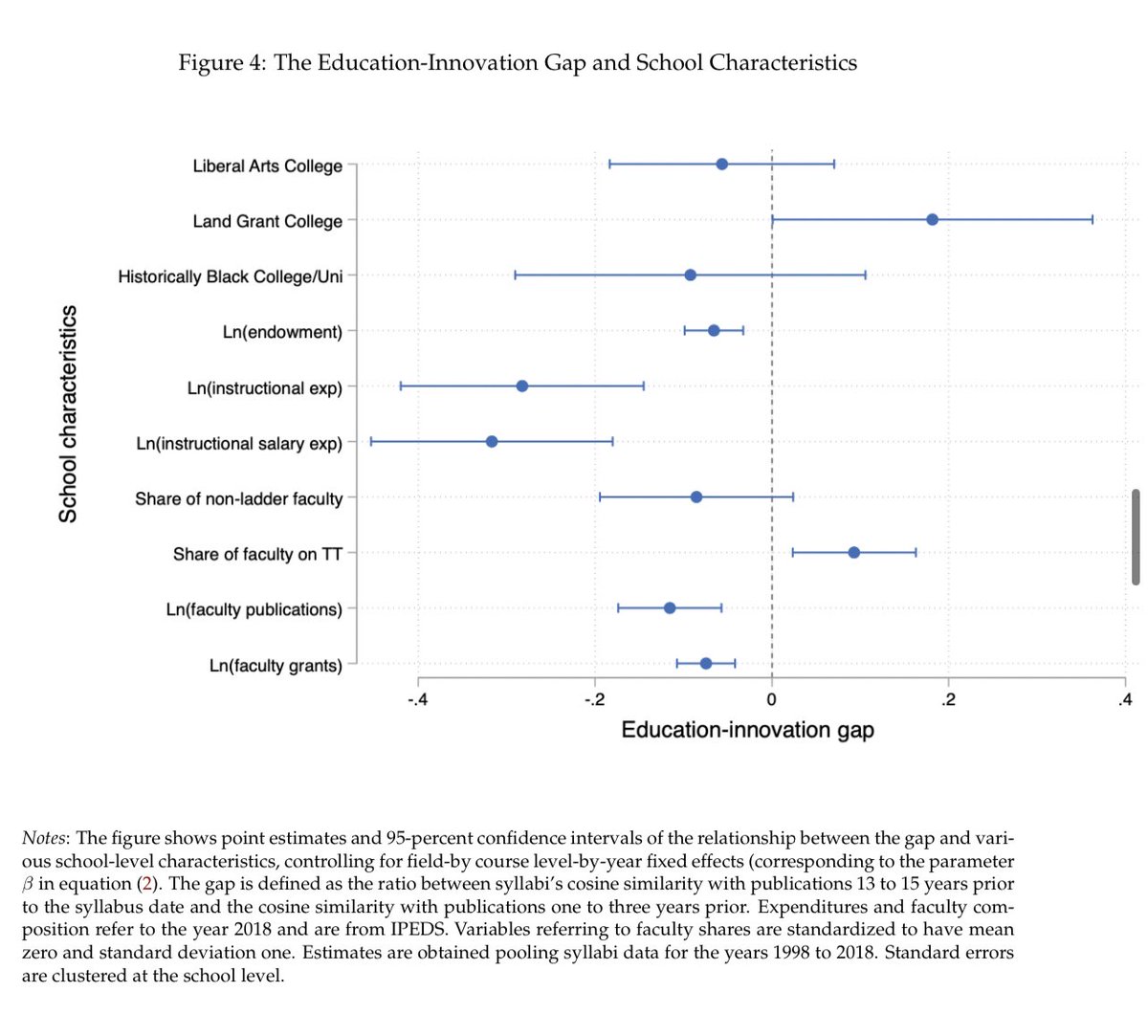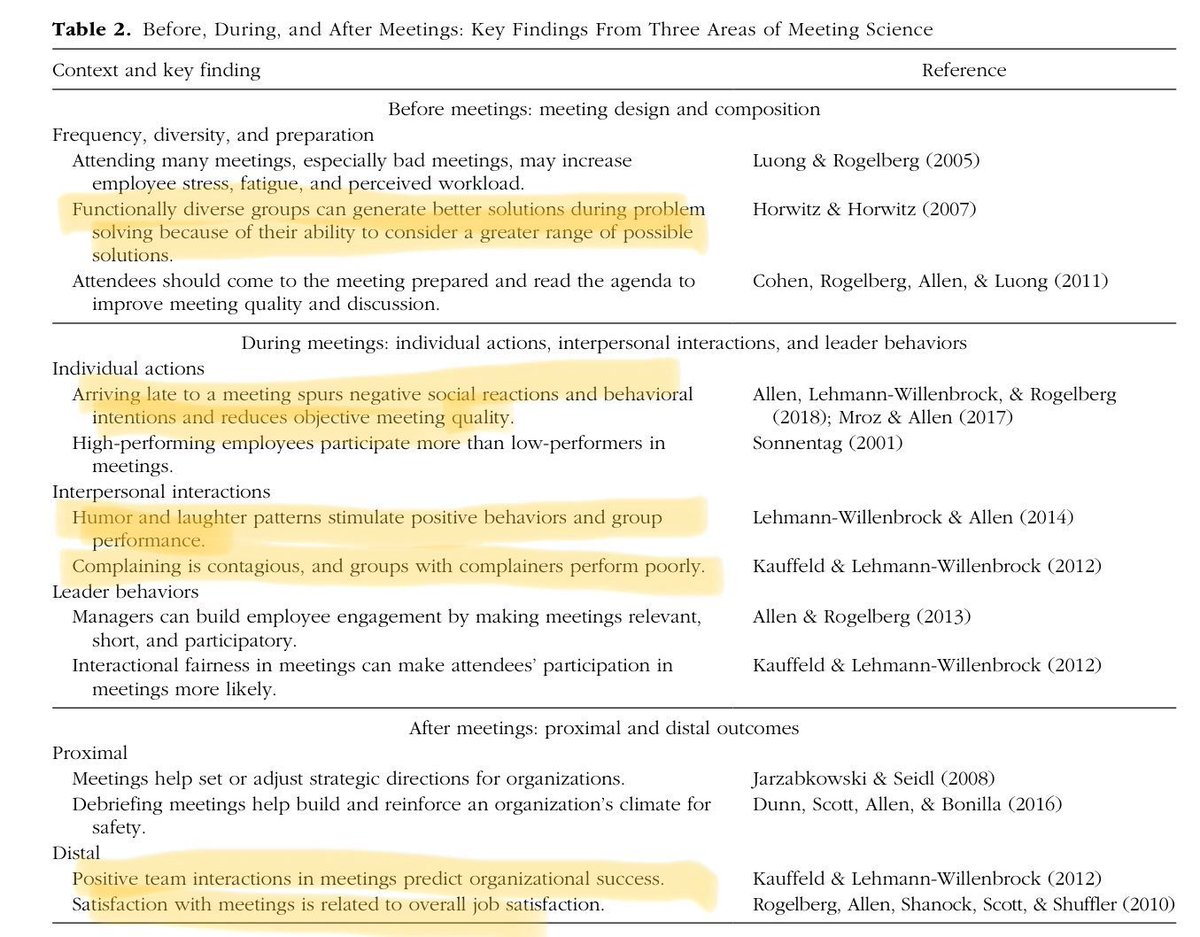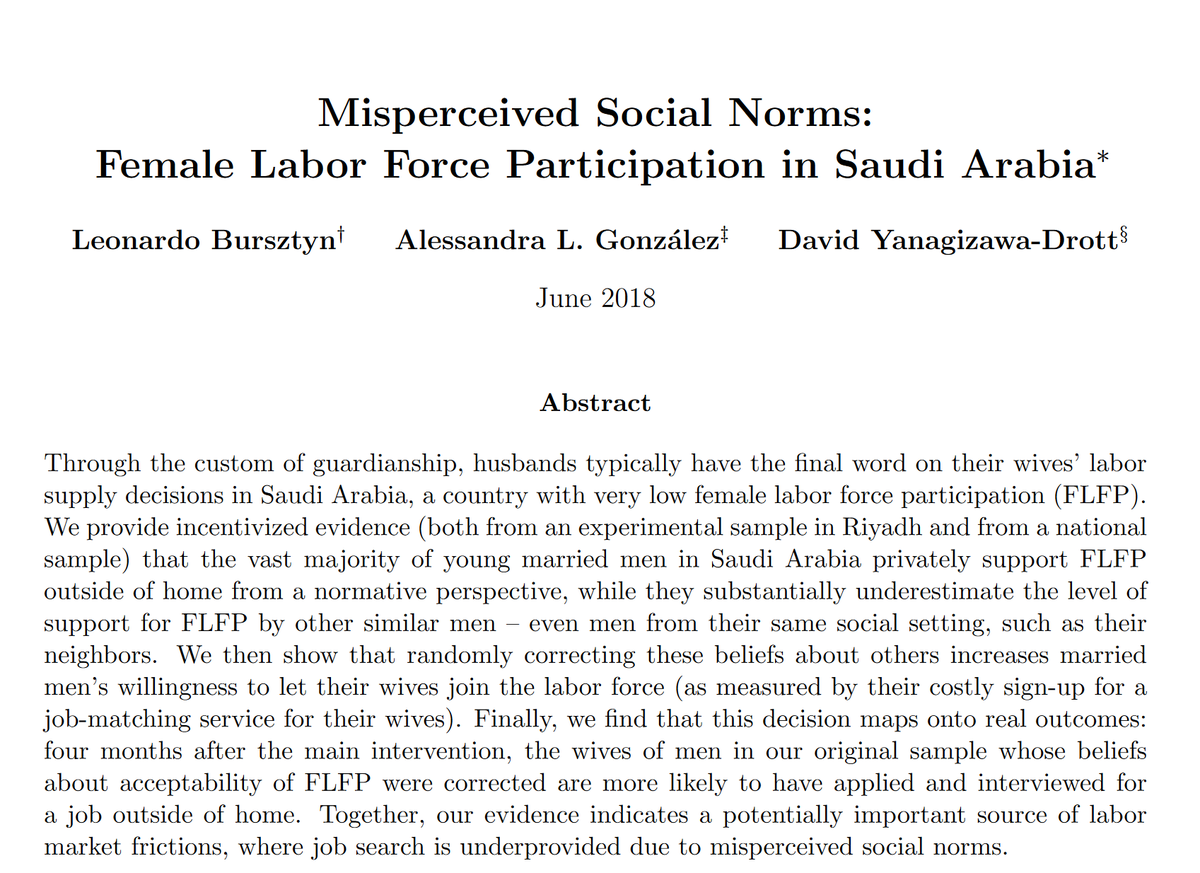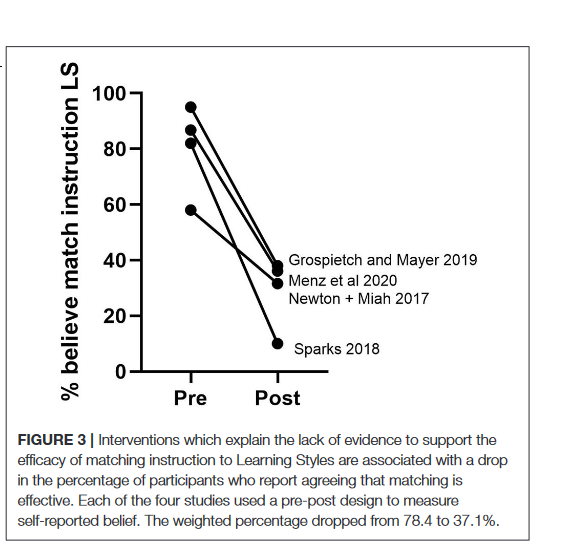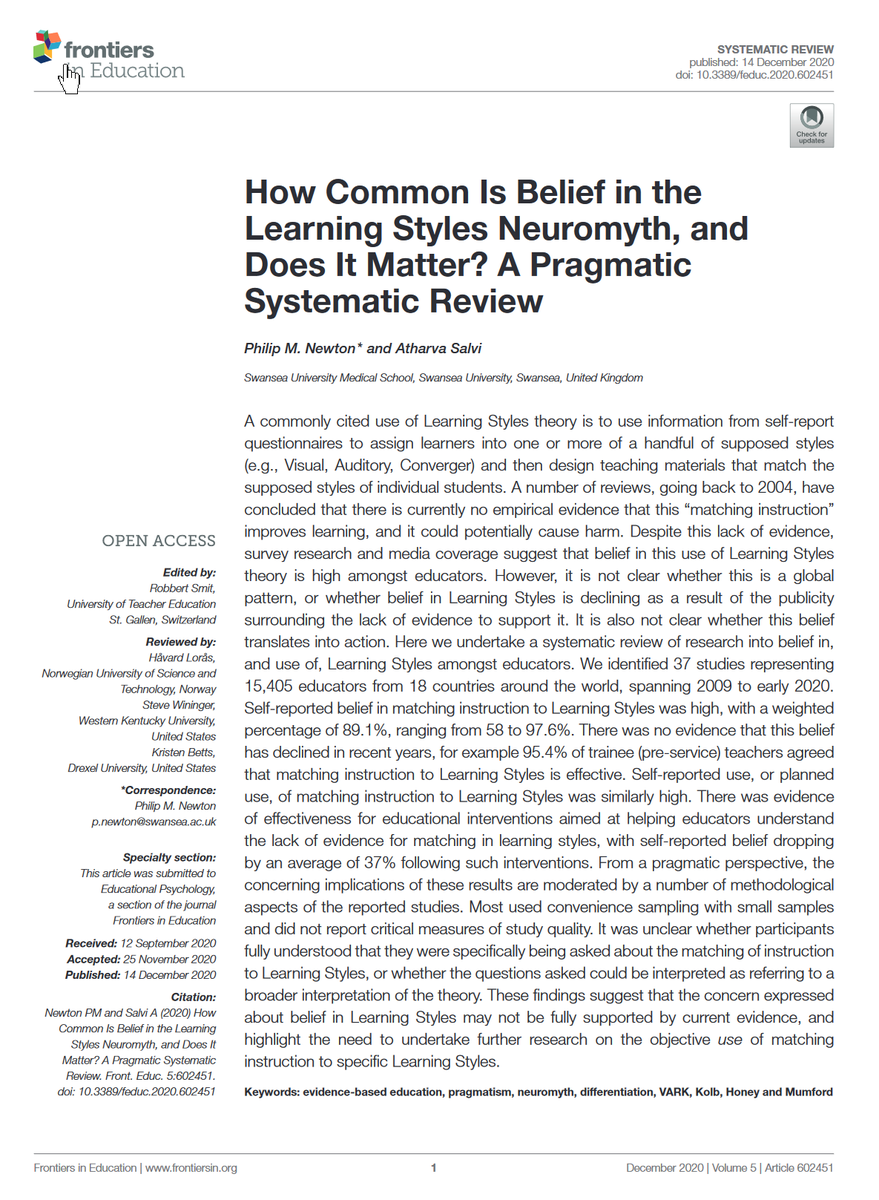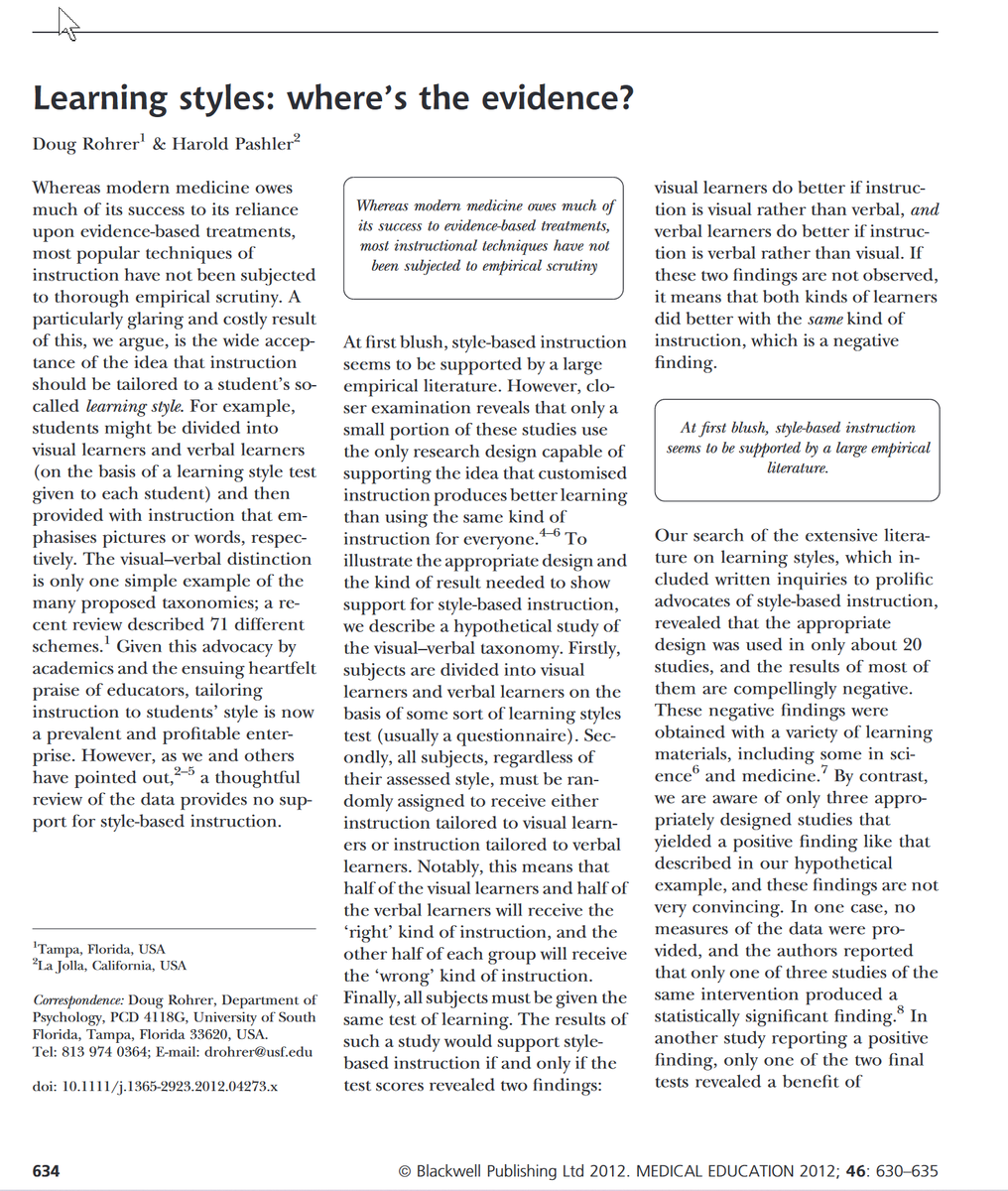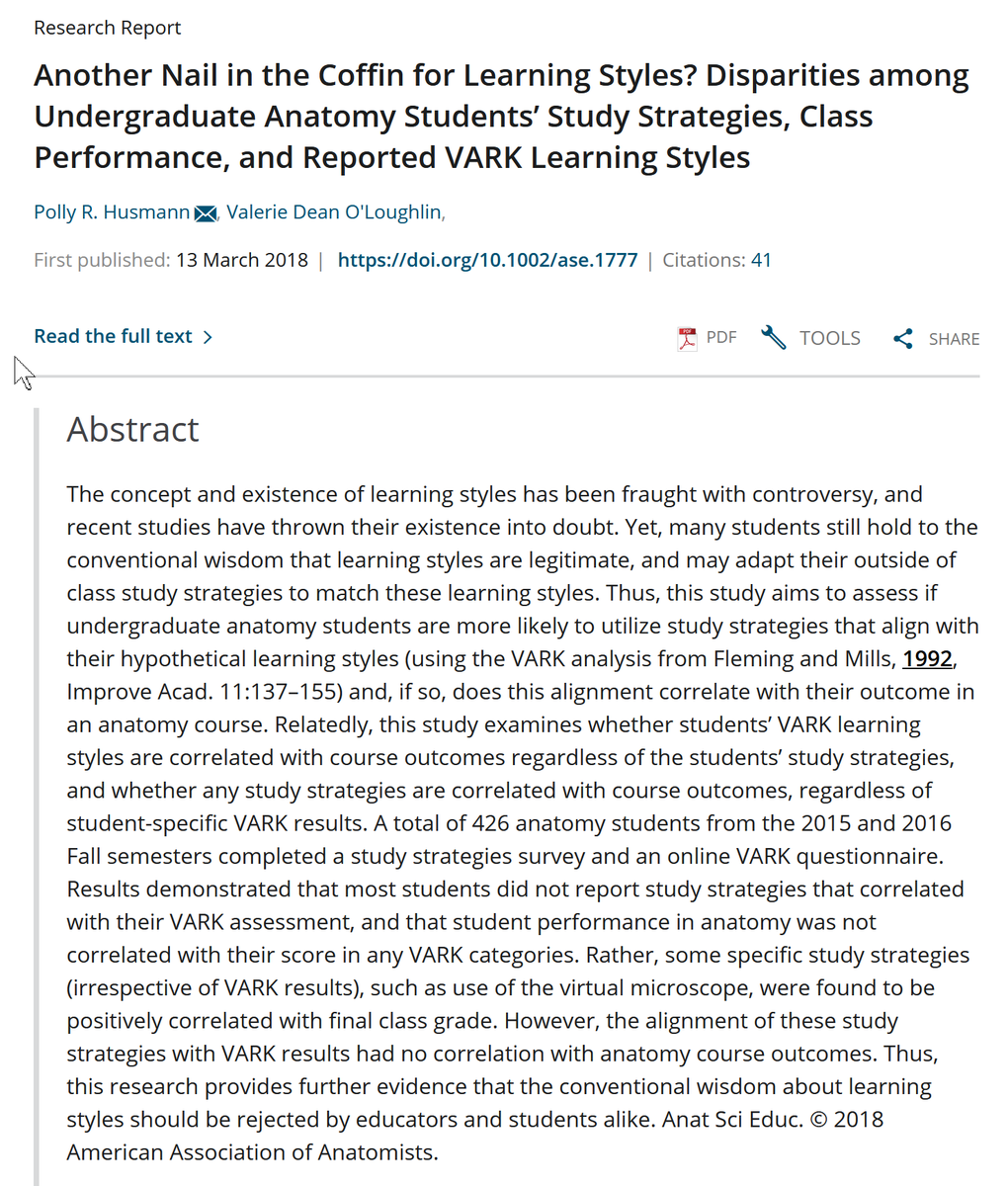
Bad news: Leaded fuel reduced the IQ of everyone born before 1990 by ~4.25%. Millennials are the first to be born with unleaded gas.
Worse news: a new paper shows environmental lead levels from leaded gasoline are still around in cities today, and cause continued neurotoxicity.

Worse news: a new paper shows environmental lead levels from leaded gasoline are still around in cities today, and cause continued neurotoxicity.
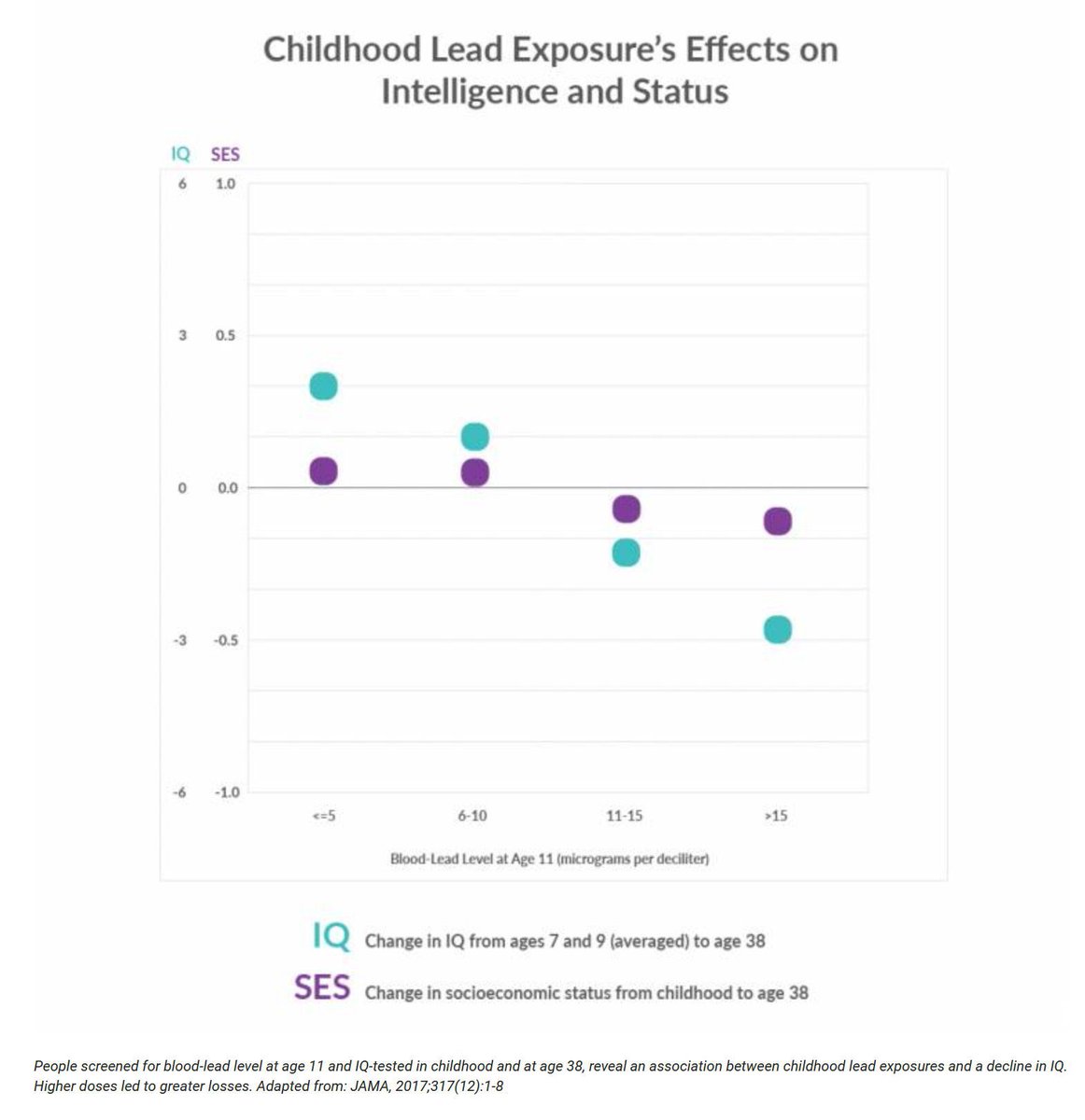
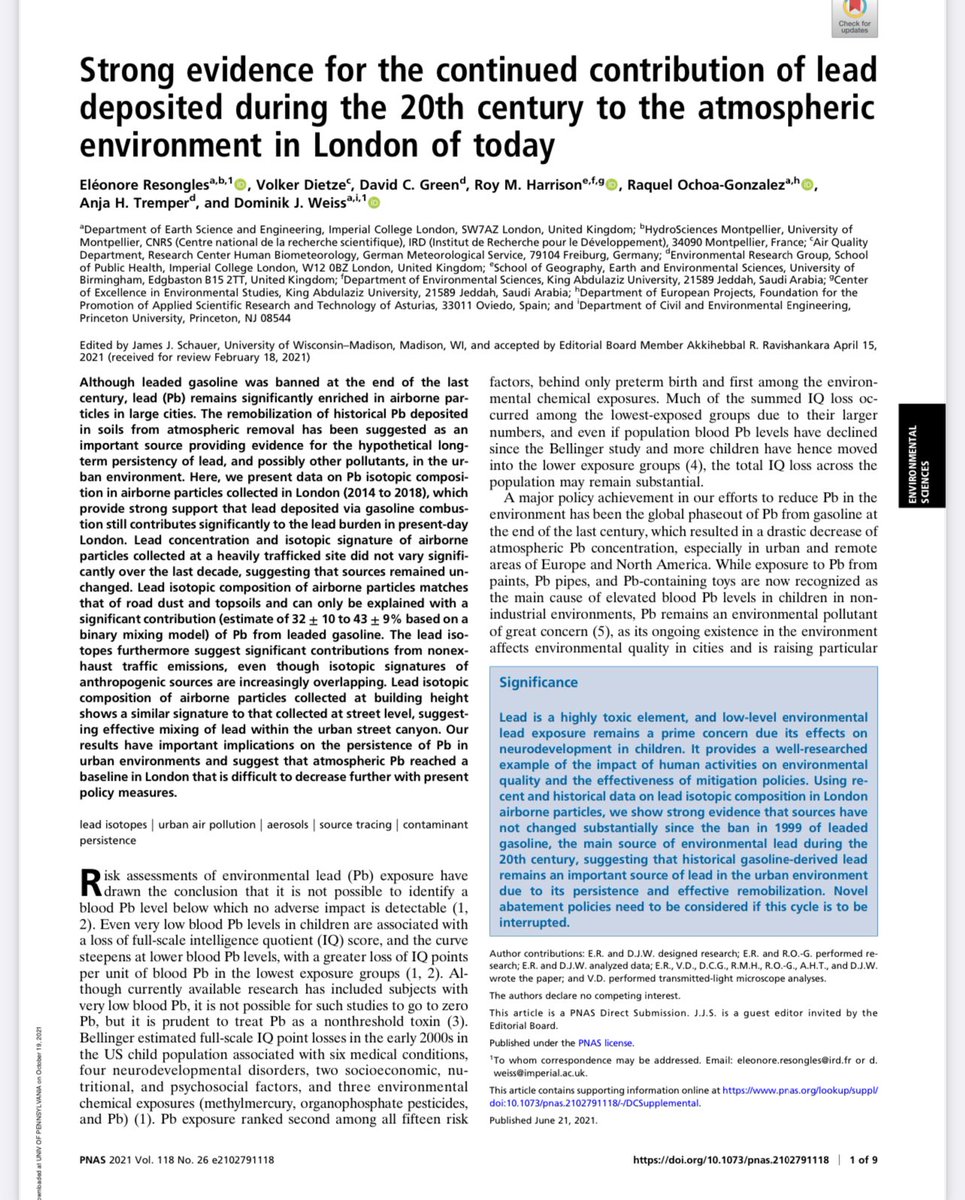
Incidentally, everyone should know the story of Thomas Midgley, who oversaw the invention & spread of both leaded gas AND chlorofluorocarbons. He had, as J. R. McNeill wrote “more impact on the atmosphere than any other single organism in earth’s history.” interestingengineering.com/thomas-midgley…
Well, I just learned from the comments that we inexplicably still allow leaded gas for small airplanes.
And the damages to kids from lead exposure among these most-travelled routes is in the billions of dollars a year, as outlined in this paper.

And the damages to kids from lead exposure among these most-travelled routes is in the billions of dollars a year, as outlined in this paper.
https://twitter.com/noelleselin/status/1450632344897982469


Also, sources on the first post, for those asking:
Journal of the American Medical Association paper summarizing the effects of lead on health, infant development & IQ: jamanetwork.com/journals/jama/…
Paper on persistence of leaded gasoline: pnas.org/content/118/26…
Journal of the American Medical Association paper summarizing the effects of lead on health, infant development & IQ: jamanetwork.com/journals/jama/…
Paper on persistence of leaded gasoline: pnas.org/content/118/26…
I also just learned that NASCAR was allowed to use leaded gas until 2007… and the effects on areas near race tracks was shockingly large. Look at the charts of elderly mortality rates & child blood levels before and after lead gasoline was banned at races. 

https://twitter.com/jeremychrysler/status/1333477762745704448


• • •
Missing some Tweet in this thread? You can try to
force a refresh



